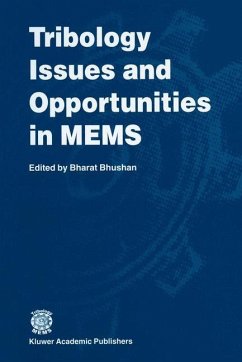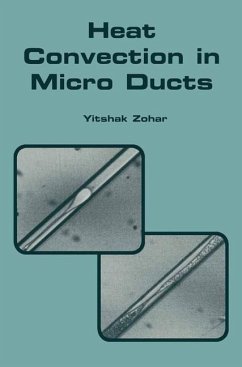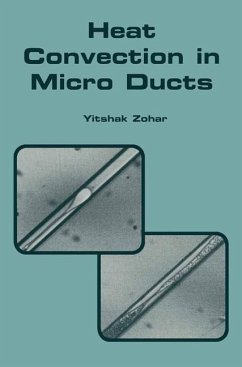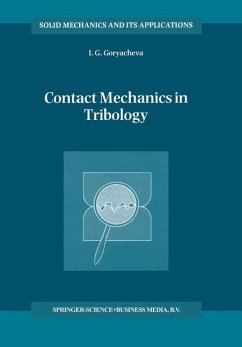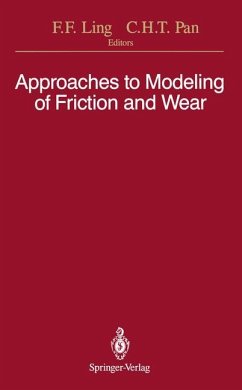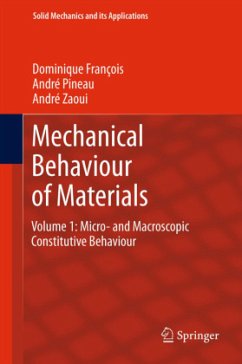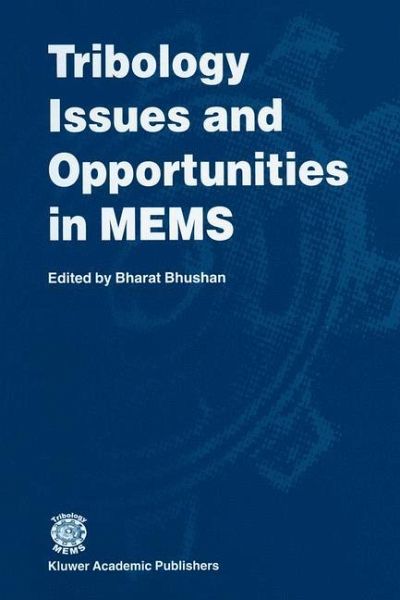
Tribology Issues and Opportunities in MEMS
Proceedings of the NSF/AFOSR/ASME Workshop on Tribology Issues and Opportunities in MEMS held in Columbus, Ohio, U.S.A., 9-11 November 1997
Herausgegeben: Bhushan, Bharat
Versandkostenfrei!
Versandfertig in 1-2 Wochen
231,99 €
inkl. MwSt.

PAYBACK Punkte
116 °P sammeln!
Micro Electro Mechanical Systems (MEMS) is already about a billion dollars a year industry and is growing rapidly. So far major emphasis has been placed on the fabrication processes for various devices. There are serious issues related to tribology, mechanics, surfacechemistry and materials science in the operationand manufacturingof many MEMS devices and these issues are preventing an even faster commercialization. Very little is understood about tribology and mechanical properties on micro- to nanoscales of the materials used in the construction of MEMS devices. The MEMS community needs to b...
Micro Electro Mechanical Systems (MEMS) is already about a billion dollars a year industry and is growing rapidly. So far major emphasis has been placed on the fabrication processes for various devices. There are serious issues related to tribology, mechanics, surfacechemistry and materials science in the operationand manufacturingof many MEMS devices and these issues are preventing an even faster commercialization. Very little is understood about tribology and mechanical properties on micro- to nanoscales of the materials used in the construction of MEMS devices. The MEMS community needs to be exposed to the state-of-the-artoftribology and vice versa. Fundamental understanding of friction/stiction, wear and the role of surface contamination and environmental debris in micro devices is required. There are significantadhesion, friction and wear issues in manufacturing and actual use, facing the MEMS industry. Very little is understood about the tribology of bulk silicon and polysilicon films used in the construction ofthese microdevices. These issues are based on surface phenomenaand cannotbe scaled down linearly and these become increasingly important with the small size of the devices. Continuum theory breaks down in the analyses, e. g. in fluid flow of micro-scale devices. Mechanical properties ofpolysilicon and other films are not well characterized. Roughness optimization can help in tribological improvements. Monolayers of lubricants and other materials need to be developed for ultra-low friction and near zero wear. Hard coatings and ion implantation techniques hold promise.





